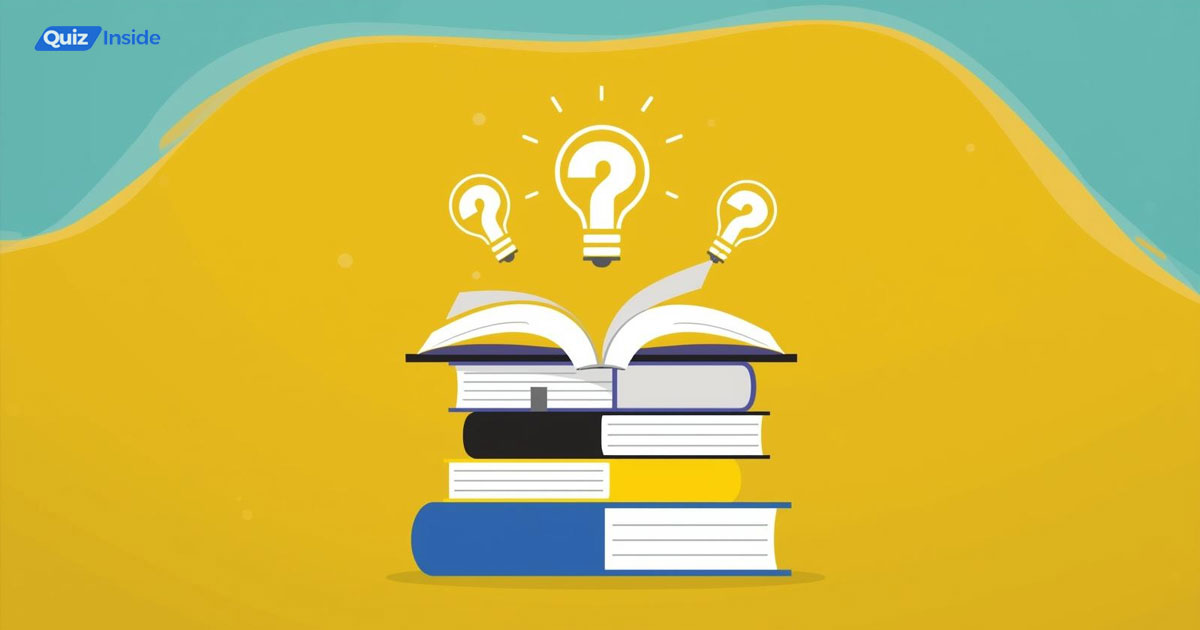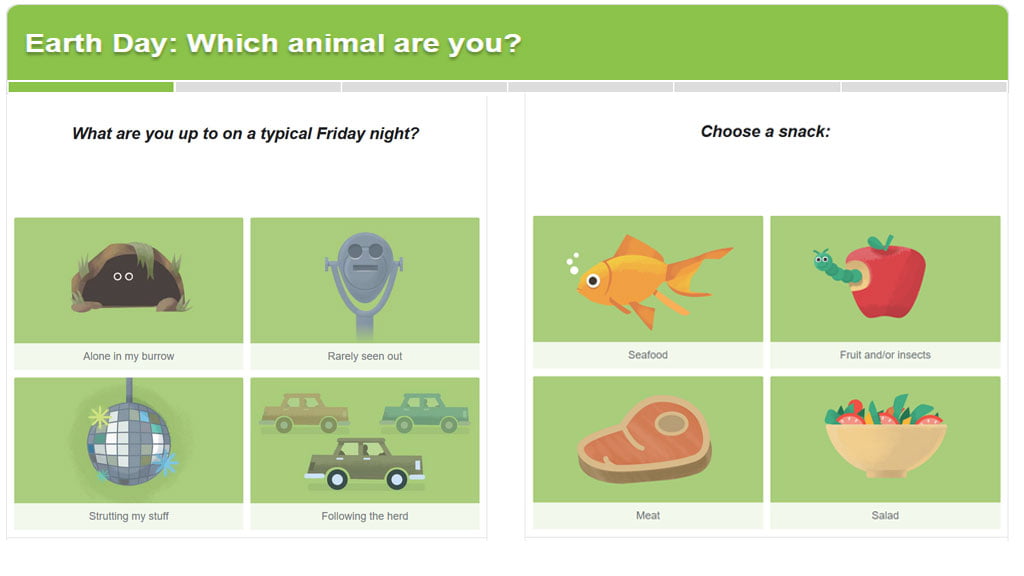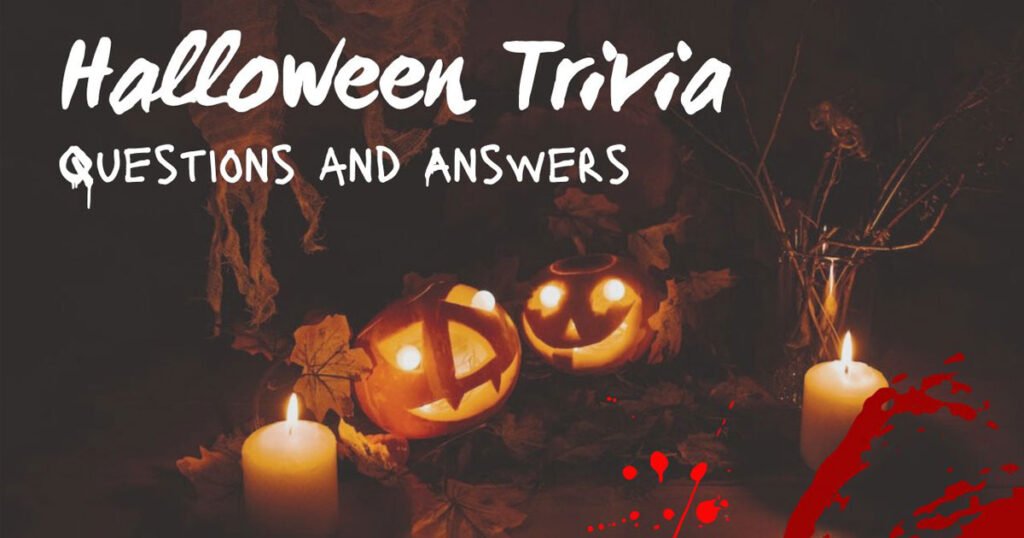Library trivia questions reveal fascinating facts about books, history, and reading culture, making learning about libraries fun, educational, and exciting.
Introduction
Libraries are more than just quiet buildings filled with shelves of books. They are the guardians of knowledge, the heart of communities, and the gateways to learning across generations. From ancient scrolls preserved in dusty archives to modern digital catalogs, libraries have always played a central role in human civilization.
Yet, beyond their serious purpose, libraries are also full of interesting and surprising stories that make for great trivia. Who founded the first library? Which library is the largest in the world? What unusual rules did ancient libraries have for their visitors? These are just some of the questions that make library trivia both fun and enlightening.
In this article, we will explore a wide range of library trivia questions organized by category. Whether you are a librarian, student, trivia enthusiast, or casual reader, you’ll find fascinating knowledge to enjoy.
Library Trivia Questions And Answers

History of Libraries
Q: What is considered the oldest known library in the world?
A: The Library of Ashurbanipal in Nineveh, 7th century BCE.
Q: Which ancient library was famously destroyed by fire?
A: The Library of Alexandria.
Q: Who founded the Library of Alexandria?
A: Ptolemy II of Egypt.
Q: Which U.S. president founded the Library of Congress?
A: John Adams in 1800.
Q: What year was the British Library officially established?
A: 1973.
Q: Which medieval institution preserved most ancient manuscripts?
A: Monasteries.
Q: The Library of Congress is located in which U.S. city?
A: Washington, D.C.
Q: What was the main purpose of early libraries in Mesopotamia?
A: To store clay tablets of records and knowledge.
Q: Who is known as the “Father of Modern Libraries”?
A: Melvil Dewey.
Q: Which country had the first public library funded by a city government?
A: The United States (Peterborough, New Hampshire, 1833).
Famous Libraries
Q: What is the largest library in the world by collection size?
A: The Library of Congress.
Q: Which library is located inside the British Museum?
A: The British Library (before relocation).
Q: Where is the Vatican Library located?
A: Vatican City.
Q: Which library is home to the Magna Carta manuscript?
A: The British Library.
Q: The Bibliothèque Nationale is the national library of which country?
A: France.
Q: What is the main library at Harvard University called?
A: Widener Library.
Q: Which library in New York is guarded by marble lions named Patience and Fortitude?
A: The New York Public Library.
Q: Which Asian library is one of the largest, with more than 50 million items?
A: The National Library of China.
Q: Which modern library is famous for its glass architecture in Seattle?
A: The Seattle Public Library.
Q: Which country has the oldest continuously operating library in the world?
A: Morocco (Al-Qarawiyyin Library, founded in 859 CE).
Library Science
Q: Who created the Dewey Decimal System?
A: Melvil Dewey.
Q: What does ISBN stand for?
A: International Standard Book Number.
Q: What system do most academic libraries use instead of Dewey Decimal?
A: Library of Congress Classification.
Q: What is an OPAC in library science?
A: Online Public Access Catalog.
Q: What does “circulation desk” refer to in a library?
A: The desk where books are borrowed or returned.
Q: What is the term for a book that can only be used inside the library?
A: Reference book.
Q: What is the process of removing outdated books from a library called?
A: Weeding.
Q: What does a library “archive” usually preserve?
A: Historical documents and rare manuscripts.
Q: What is cataloging in a library?
A: The process of organizing and classifying books.
Q: What does ISSN stand for in library collections?
A: International Standard Serial Number.
Children’s Literature & Libraries
Q: Who wrote Charlotte’s Web, a children’s classic often found in libraries?
A: E. B. White.
Q: What is the name of the boy wizard in J.K. Rowling’s famous book series?
A: Harry Potter.
Q: Which children’s book series features a character named Clifford?
A: Clifford the Big Red Dog.
Q: What library program encourages kids to read during the summer?
A: Summer Reading Program.
Q: Who wrote Where the Wild Things Are?
A: Maurice Sendak.
Q: Which Dr. Seuss book is often one of the most borrowed children’s titles?
A: Green Eggs and Ham.
Q: What is the name of the bear in Michael Bond’s beloved children’s series?
A: Paddington Bear.
Q: Which children’s author created Matilda and Charlie and the Chocolate Factory?
A: Roald Dahl.
Q: What award is given annually to the best U.S. children’s picture book?
A: The Caldecott Medal.
Q: What library card is often a child’s “first card”?
A: A public library card.
Library Rules & Services
Q: What is the typical time limit for borrowing a library book?
A: Usually 2–3 weeks.
Q: What does “renewing” a book mean?
A: Extending the borrowing period.
Q: What is interlibrary loan (ILL)?
A: Borrowing materials from another library.
Q: What is a library’s “quiet zone”?
A: A designated area where silence is expected.
Q: What happens if you return a book late to most libraries?
A: You receive a fine or penalty.
Q: What is a “library card”?
A: A card that allows borrowing privileges.
Q: What is a “book drop” at a library?
A: A slot where books can be returned after hours.
Q: What is the name of a person who works in a library?
A: Librarian.
Q: Which section of the library holds newspapers and magazines?
A: Periodicals section.
Q: What is a study carrel in a library?
A: A small desk for private study.
Technology in Libraries
Q: What does RFID stand for in libraries?
A: Radio Frequency Identification.
Q: What is an eBook?
A: A digital version of a book.
Q: Which company popularized the Kindle e-reader?
A: Amazon.
Q: What is the difference between an audiobook and an eBook?
A: Audiobooks are spoken recordings, eBooks are digital text.
Q: What is the name of the world’s largest online digital library project?
A: Project Gutenberg.
Q: What do libraries use barcodes on books for?
A: To track circulation.
Q: What service allows downloading eBooks through libraries?
A: OverDrive or Libby.
Q: What does “digital archive” mean?
A: A collection of preserved electronic documents.
Q: What type of computer lab service is often available in public libraries?
A: Free internet access.
Q: What is a makerspace in a library?
A: An area with technology tools for creativity, like 3D printers.
Famous Librarians
Q: Who was the head librarian of the Library of Alexandria?
A: Callimachus of Cyrene.
Q: Who was the first female head of the Library of Congress?
A: Carla Hayden.
Q: Which U.S. president once worked as a librarian?
A: Mao Zedong (before politics in China).
Q: Who created the first comprehensive library catalog system?
A: Antonio Panizzi.
Q: Who is known for modernizing children’s library services in the U.S.?
A: Anne Carroll Moore.
Q: Who invented the Dewey Decimal Classification?
A: Melvil Dewey.
Q: Which famous librarian wrote The Mother of All Questions?
A: Rebecca Solnit (writer and library advocate).
Q: Who was the first librarian of the Library of Congress?
A: John J. Beckley.
Q: Who wrote the influential book Five Laws of Library Science?
A: S.R. Ranganathan.
Q: Who was the first African American Librarian of Congress?
A: Carla Hayden.
Fun Facts About Libraries
Q: What is the most borrowed book genre in libraries?
A: Fiction.
Q: What was the first book ever checked out of the Library of Congress?
A: George Washington’s personal law books.
Q: How many items does the Library of Congress have?
A: Over 170 million.
Q: Which U.S. state has the oldest public library?
A: New Hampshire.
Q: What is the most stolen book from public libraries?
A: The Bible.
Q: Which library is nicknamed “the nation’s attic”?
A: The Library of Congress.
Q: What is the busiest library system in the U.S.?
A: The New York Public Library.
Q: What is the longest overdue book ever returned?
A: 288 years late.
Q: Which library in Portugal is protected by bats to eat insects?
A: The University of Coimbra Library.
Q: Which is the most visited library in the world?
A: The British Library.
Literature & Authors in Libraries
Q: Which English playwright’s works are in almost every major library?
A: William Shakespeare.
Q: Who wrote Moby-Dick?
A: Herman Melville.
Q: Which library houses the original works of Jane Austen?
A: The British Library.
Q: Who wrote The Great Gatsby?
A: F. Scott Fitzgerald.
Q: Which Russian author’s books are staples in library collections?
A: Leo Tolstoy.
Q: Who is the author of To Kill a Mockingbird?
A: Harper Lee.
Q: What is the pen name of Samuel Clemens, whose books are in all libraries?
A: Mark Twain.
Q: Which American author created the character Huckleberry Finn?
A: Mark Twain.
Q: Who wrote Pride and Prejudice?
A: Jane Austen.
Q: Which fantasy series is often one of the most borrowed in libraries worldwide?
A: Harry Potter.
Library Architecture & Design
Q: What architectural feature is common in old libraries?
A: Grand reading rooms.
Q: Which U.S. philanthropist funded over 2,500 libraries worldwide?
A: Andrew Carnegie.
Q: What is the purpose of library stacks?
A: To store and organize books.
Q: Which library is famous for its futuristic glass design in Seattle?
A: The Seattle Public Library.
Q: What material were most early library books written on?
A: Parchment or papyrus.
Q: What does “special collections” in a library mean?
A: Rare and unique materials.
Q: Which library in Prague is famous for its baroque architecture?
A: The Clementinum Library.
Q: What is the largest library building in the U.S.?
A: The Library of Congress Jefferson Building.
Q: Which part of a library is usually designed for children?
A: Children’s reading room.
Q: What modern design feature helps libraries save energy?
A: Green roofs and natural lighting.
Q: What’s the term for mobile libraries that bring books to rural areas?
A: Bookmobiles.
Why Library Trivia Matters
Library trivia is more than entertainment. It has real benefits, such as:
-
Preserving history – It connects us with the long tradition of libraries.
-
Encouraging reading – Fun facts spark curiosity about books.
-
Promoting education – Trivia helps students and readers learn in an enjoyable way.
-
Strengthening communities – Trivia can be used in library events and reading clubs.
For example, did you know that the Library of Congress in Washington, D.C. has over 170 million items, making it the largest library in the world? Or that some medieval libraries chained books to desks to prevent theft? These tidbits show that libraries are not only about borrowing books but also about preserving culture and knowledge.
Frequently Asked Questions (FAQs)
1. What is the largest library in the world?
The Library of Congress in Washington, D.C., with more than 170 million items.
2. Why are libraries important today?
They provide free access to books, digital resources, and community programs.
3. Do libraries only lend books?
No, many libraries lend DVDs, e-books, audiobooks, tools, and even art.
4. What is the oldest known library?
The library of Ashurbanipal in Nineveh (7th century BC).
5. Can libraries survive in the digital age?
Yes, libraries adapt by offering digital catalogs, online resources, and tech access.
6. What is a mobile library?
A traveling library, often on a bus or van, that brings books to rural communities.
7. Are libraries free to use?
Most public libraries are free, though some special collections may require permission.
8. How do libraries preserve rare books?
Through climate-controlled rooms, digitization, and restricted access policies.
Conclusion
Libraries are treasures of human civilization. From ancient collections of scrolls to modern digital databases, they have preserved knowledge, inspired learning, and connected communities. Trivia about libraries is not only fun but also reminds us of their vital role in society.
Whether it’s the grandeur of the Library of Congress, the mystery of the Library of Alexandria, or the quirky fact about bookmobiles, these stories bring libraries to life. The next time you step into a library, remember that you’re entering a place filled not just with books but with centuries of fascinating history.



